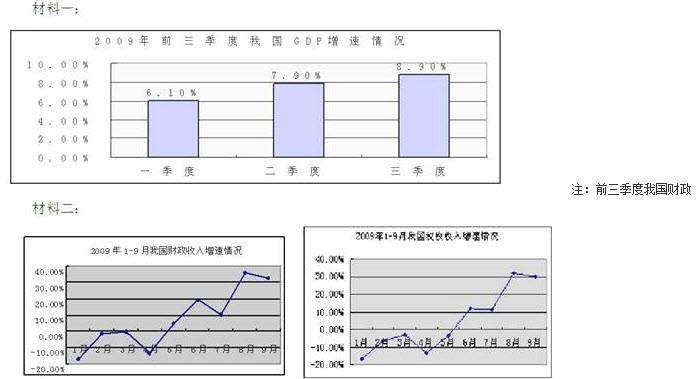Idioms are phrases and sentences that do not mean exactly what they say. Even if you know the meaning of each word you see or hear, you may not understand the idiom because you don't understand the culture behind it.
For example, if an American boy asks his mother what's for dinner tomorrow, she may say "I'll play it by ear", that means she doesn't have plans for dinner and she will decide later. "Play by ear" used to mean playing music using the sheet music, but now people often use it when they're not talking about music.
There're many idioms in English. If you learn to use them, your English will be more vivid and colorful. English idioms are more common in spoken English. They can be difficult to remember sometimes. Next time when you hear somebody saying to you, "Give me a hand", you don't necessarily stretch out your hand to him/her, but you do need to be helpful. And when the situation is out of hand, you usually can do very little to manage all that. What about a green hand? It's not about the color of your hand! You're a green hand when you are very new at your work and don't have much experience. If you and your partner always work together hand in glove, you two definitely work together very well.
Can you guess the meanings of some common English idioms to do with parts of your body?
小题1:An idiom is _______.
A.a phrase or a sentence that means exactly what the words say
B.a phrase or a sentence that doesn't mean exactly what every word says
C.so difficult that nobody can understand
D.something to do with parts of your body小题2:If a mother says "I'll play it by ear" to talk about the dinner, she means _______.
A.she will cook dinner while listening to music at the same time
B.she doesn't hear what others are talking about.
C.she will play music using the sheet music instead of cooking dinner
D.She doesn't have plans for dinner and will decide later小题3:When one says "Can you give me a hand?", he means _______.
A.he needs to hold your hand.
B.he works well with you
C.he needs your help
D.he is a new comer and can't help with the situation小题4:Which of the following is NOT true according to the passage?
A.People use English idioms more in spoken English than in written English.
B.To understand the culture behind an idiom is important in understanding the idiom.
C.Idioms make your English more vivid and colorful so they are easy to remember.
D.You may not understand an idiom even though you know the meaning of each word.小题5:Here are 4 common English idioms to do with parts of your body and their meanings. Can you match them?
1) to learn something by heart a. to depend on oneself
2) to have sticky fingers b. to know something very well
3) to stand on one's own feet c. to do something secretly
4) to go behind someone's back d. to have the habit of stealing
A.badc
B.bdac
C.cbad
D.cdba
 收入51518.87亿元。其中税收收入为45057.56亿元。
收入51518.87亿元。其中税收收入为45057.56亿元。